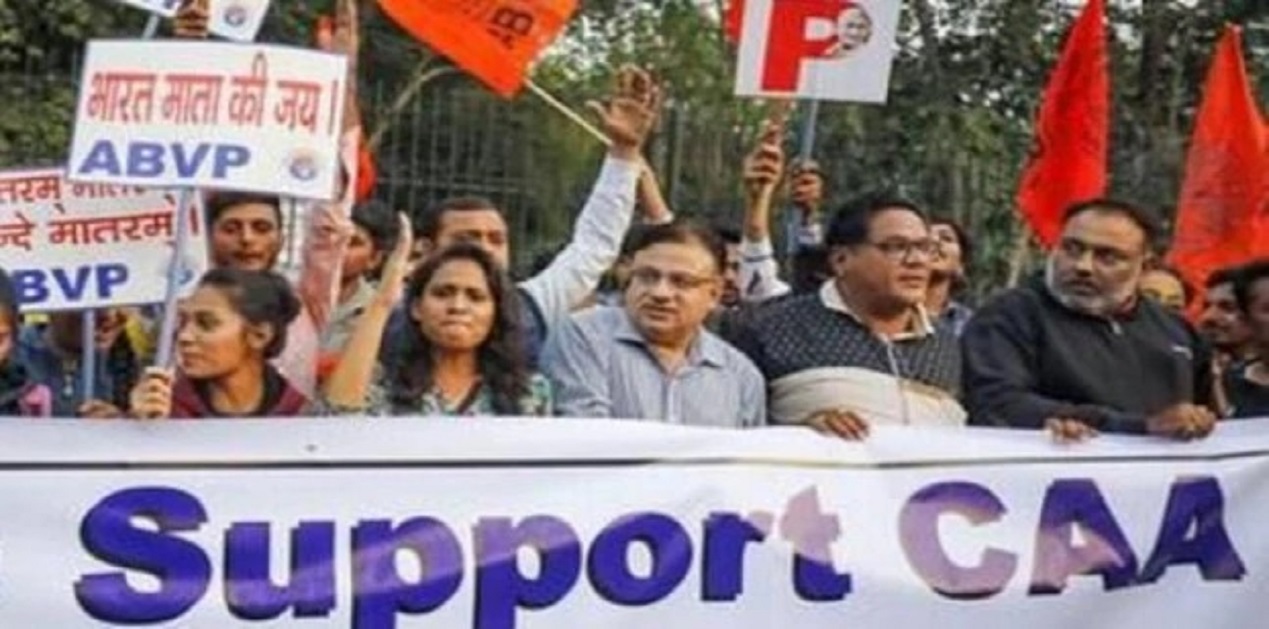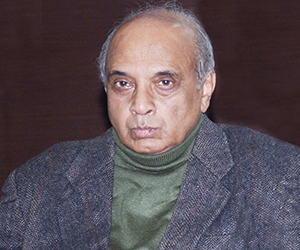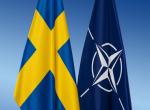As far as I can understand, this act ties up a loose end of the chaos and confusion caused by the Partition of the sub-continent.
I clearly remember the day when my parents bundled their children and a widowed mother into an over-crowded railway compartment on the way to Akhaura, the land border of East Pakistan with the Indian state of Tripura. I am the eldest of those children and can still recall the bottomless sense of uncertainty and despair with which we undertook this journey. A red-hot poker of iron was forcibly pushed across our hearts and the hearts of millions of Hindus like us that day, and after all these years I am not sure I have completely overcome its pain and anguish and other psychological effects.
How can one forget the tremendous insecurity and uncertainties of the new place we found ourselves in? Whether one took shelter in refugee camps or other set-ups where one felt distinctly unwelcome, it was a dreadful phase of existence. Among other things, I can still recollect the rows of dead bodies kept in front of the Agartala government hospital on a daily basis. There was a cholera epidemic in the camps, and the hospital people had no other alternative.
We all know why Partition took place. Basically, it took place because a large section of our Muslim brethren thought that they were a separate ‘nation’ which had to have its own homeland. We cannot put religion out of this equation because the land lying between the Himalayas and the sea – the land where the children of Bharata live – was divided in the name of religion, with Pakistan created specifically for the Muslims. It was possibly never specified, but the new state called ‘Bharat’ or ‘India’ was meant to shelter the infidels/kafirs , irrespective of their sectarian/religious affiliations.
The beauty of the present act is that it acknowledges this implicit meaning and gives it the status of law. The intrinsic sense of security it provides to these infidels on the wrong side of the border is, in fact, immeasurable and should be welcome for this reason alone.
I shall raise another issue at this point. ‘Partition’ was our ‘Holocaust’. The scale of slaughter, ruthless displacement of population and the long-lingering human misery which the sub-continent witnessed in undivided Panjab and Bengal in 1946 ( ‘the Great Calcutta Killing’) and in the years which followed must never be forgotten in the history of this land. The least we can do is to begin a thorough documentation of all these killings, displacements and the enormous miseries of ‘refugee camps’. There is no reason to think that our misery and pain weigh less on our hearts than the memory of pain and misery does on Jewish hearts.
‘Partition’ still affects us in many ways. For instance, as an archaeologist I have been studying the archaeology of Pakistan virtually all my life and can count some Pakistani archaeologists as friends and students but the process of legally entering Pakistan is so difficult for an Indian that I prefer to know about all these Pakistani sites only from the printed literature!
(The paper is the author’s individual scholastic articulation. The author certifies that the article/paper is original in content, unpublished and it has not been submitted for publication/web upload elsewhere, and that the facts and figures quoted are duly referenced, as needed, and are believed to be correct). (The paper does not necessarily represent the organisational stance... More >>
Image Source: https://akm-img-a-in.tosshub.com/indiatoday/images/story/201912/CAA-Gujaratjpg-647x363.jpeg?iPGsZXE1zAZAZ.A5k5.0o.39lVB8G_rA











Post new comment